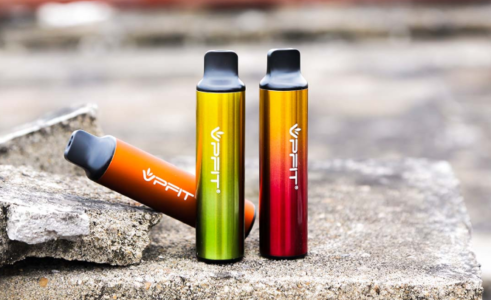Enforcement measures intensify as debates continue over the potential benefits of legalizing vaping.
SINGAPORE: Authorities in Singapore have ramped up their crackdown on vaping, targeting individuals in possession of e-vaporisers in a series of operations conducted at the end of 2023 and into the new year. Hundreds of individuals were fined in December as the government reinforced its strict ban on e-cigarettes.
Amid this intensified enforcement, Lee Hsien Yang, the younger brother of Prime Minister Lee Hsien Loong, publicly called for the ban on e-cigarettes to be lifted. In a Facebook post on Dec 8, following a crackdown at ZoukOut, Lee argued that regulated vaping could offer significant public health benefits.
“Singapore should lift the ban on e-cigarettes,” Lee wrote. “The evidence that vaping is far less harmful than smoking cigarettes is well documented and accepted. It is far better to regulate vaping and impose safety standards. We should permit vaping for people trying to quit smoking. To dogmatically retain the existing regulations is simply bad public policy.”
In a follow-up post on Dec 17, Lee shared information from a UK study suggesting that while vaping is not risk-free, it poses significantly fewer risks than traditional smoking in the short to medium term.
“I am not an expert,” Lee stated, “but experts in the UK, based on international evidence, have found that vaping, while not without risks, carries only a small fraction of the dangers of smoking.”
Public Reaction
Lee’s comments sparked mixed reactions online. Supporters agreed with his call for regulatory changes, highlighting the potential benefits of vaping as a tool for smoking cessation. However, critics raised concerns about the growing prevalence of vaping among non-smokers, particularly youths. They argued that this trend could introduce new health risks and societal challenges.
Government’s Response and Enforcement Measures
The Singapore government has maintained its firm stance against vaping. On Jan 4, the authorities announced that 177 individuals were arrested at Changi Airport in late December for arriving in Singapore with e-vaporisers.
Enforcement efforts have also been stepped up at land and sea checkpoints, with the Health Sciences Authority (HSA) and Immigration and Checkpoints Authority (ICA) planning further operations in the months ahead.
Beyond border enforcement, schools and higher education institutions have implemented enhanced measures to detect and prevent vaping on campuses. Online surveillance has also been strengthened to remove advertisements and sales of e-vaporisers.
Penalties for Vaping Offences
Possession, use, or purchase of e-vaporisers is a punishable offence in Singapore, carrying a maximum fine of S$2,000. Importing, distributing, or selling e-vaporisers incurs even steeper penalties: offenders face fines of up to S$10,000, a jail term of up to six months, or both for a first offence. Repeat offenders face fines up to S$20,000, imprisonment of up to 12 months, or both.
Confiscation of prohibited tobacco products is standard procedure during enforcement operations.
As the debate over vaping regulations continues, the government’s actions underline its commitment to maintaining strict controls to safeguard public health, while critics question whether such measures adequately address the nuances of smoking cessation and harm reduction.








